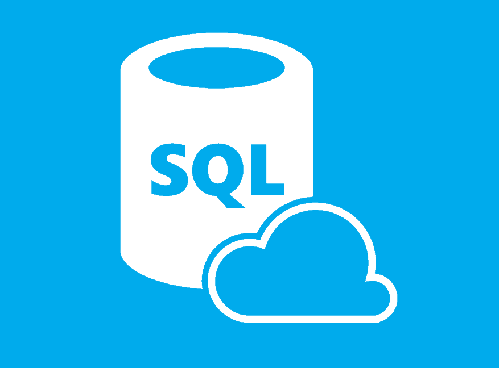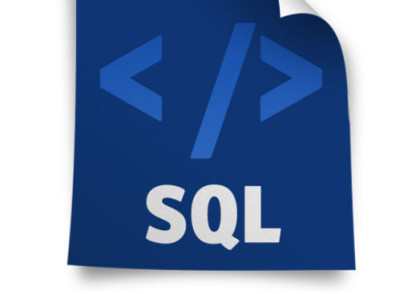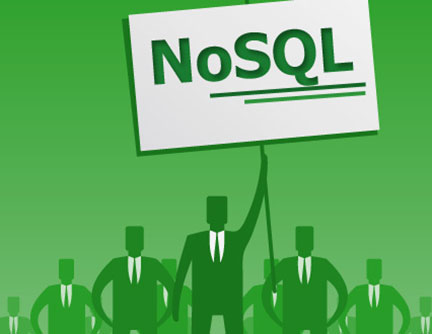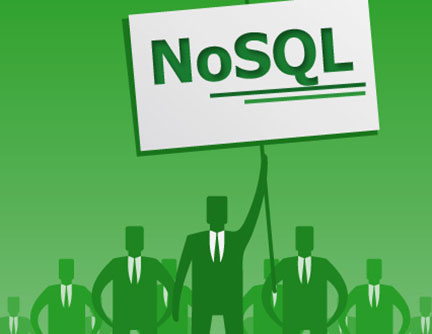Coding standards are a set of guidelines, best practices, programming styles and conventions that developers adhere to when writing a piece of code for a project. All the big software companies have them. And advise their developers to embed these coding standards in...
SQL
Recent Articles
5 quick useful tips for SQL Server Production DBAs
SQL Server and SQL databases are here for quite a while, and there are many techniques and strategies available for the administrators to perform better in it. Many DBAs will not be aware of some of the top tips which will help you mainly in a production environment....
Top 10 best practices in MySQL
MySQL is the second most widely used open-source relational database management system in the world. It has become so popular because of its consistent fast performance, high reliability and ease of use. This article presents some of the best practices in MySQL. Best...
10 useful resources for those who wants to know more about SQL
SQL, Structured Query Language, is the primary language responsible for management of data and data structures within a relational database management system. In other words, SQL is a language used to communicate with a database. It is important to mention it is one...

5 very common SQL query design mistakes to avoid at all costs
To run SQL Server databases successfully, you must be keen on query design. Unfortunately, most people do not give the design process a second thought. As a result, they make simple mistakes that, though easy to avoid, have far-reaching consequences. For starters,...
DNA vs modern backup methods: The future of data storage
It’s difficult to wrap one’s mind around this, but it’s now possible to store vast amounts of data on a DNA strand. Isn’t it ironic that so much of the world’s data is stored via computerized data centers that are the result of many years of information technology and...

Database corner: Beginner’s guide to Mysql storage engines
When a database is created, one often overlooked but critical factor in performance is the storage engine (particularly as the database grows). In many instances, the temptation is to just accept the default and continue on developing your project. This can lead to...

Relational vs Non-Relational data bases – Part 3
In the first and second part of this blog series, we saw some basic differences between the scalability of Relational and Non-Relational Databases. In this post, I will show you how to use these databases correctly, and also tell you about some well-known companies...
Top 10 interesting facts & tips about MySQL
MySQL is the fastest growing open-source relational database management system with 100 million downloads till date. It is a popular choice of database for use in web applications and is currently used by many large websites, including Facebook, Twitter, Wikipedia,...
Top Facebook groups for Analytics, Big Data, Data Mining, Hadoop, NoSQL, Data Science
Facebook may not be a best place for professional, but like in Linkedin, it too has a good number of Big Data groups/communities/public forums that function to spread knowledge about technologies used to mine, manage and analyse data for businesses. This is our...
Relational Vs Non-Relational databases – Part 2
In my previous post, we have seen some fundamental differences between Relational and Non-Relational databases. In this post, let's talk about Scalability of these two. Scalability It is an ability of a system that can easily accommodate the rapid incoming data...

Backing up SQL Databases with the VDP Advanced SQL Agent
In this article I'm going to show you how to backup SQL databases using the VMware Data Protection Advanced SQL agent. The first thing you need to do is download and install the SQL agent on your SQL server (If using SQL 2012 then please refer to this blog article)....
Relational vs. non-relational databases – Part 1
For the past few years, NoSQL or Non-relational database tools have gained much popularity in terms of storing huge amount of data and scaling them easily. There are debates on whether non-relational databases will replace relational databases in the future. With the...

What’s better for your big data application, SQL or NoSQL?
One of the critical decisions facing companies embarking on big data projects is which database to use, and often that decision swings between SQL and NoSQL. SQL has the impressive track record, the large installed base, but NoSQL is making impressive gains and has...

Open source data grows up: Choosing MySQL, NoSQL, or both
Open source data has a split personality. There’s the NoSQL zealot who likes to fire off tirades against the restrictive world of relational databases, then there’s the MySQL devotee who’s a staunch defender of everything structured – with all that data living neatly...